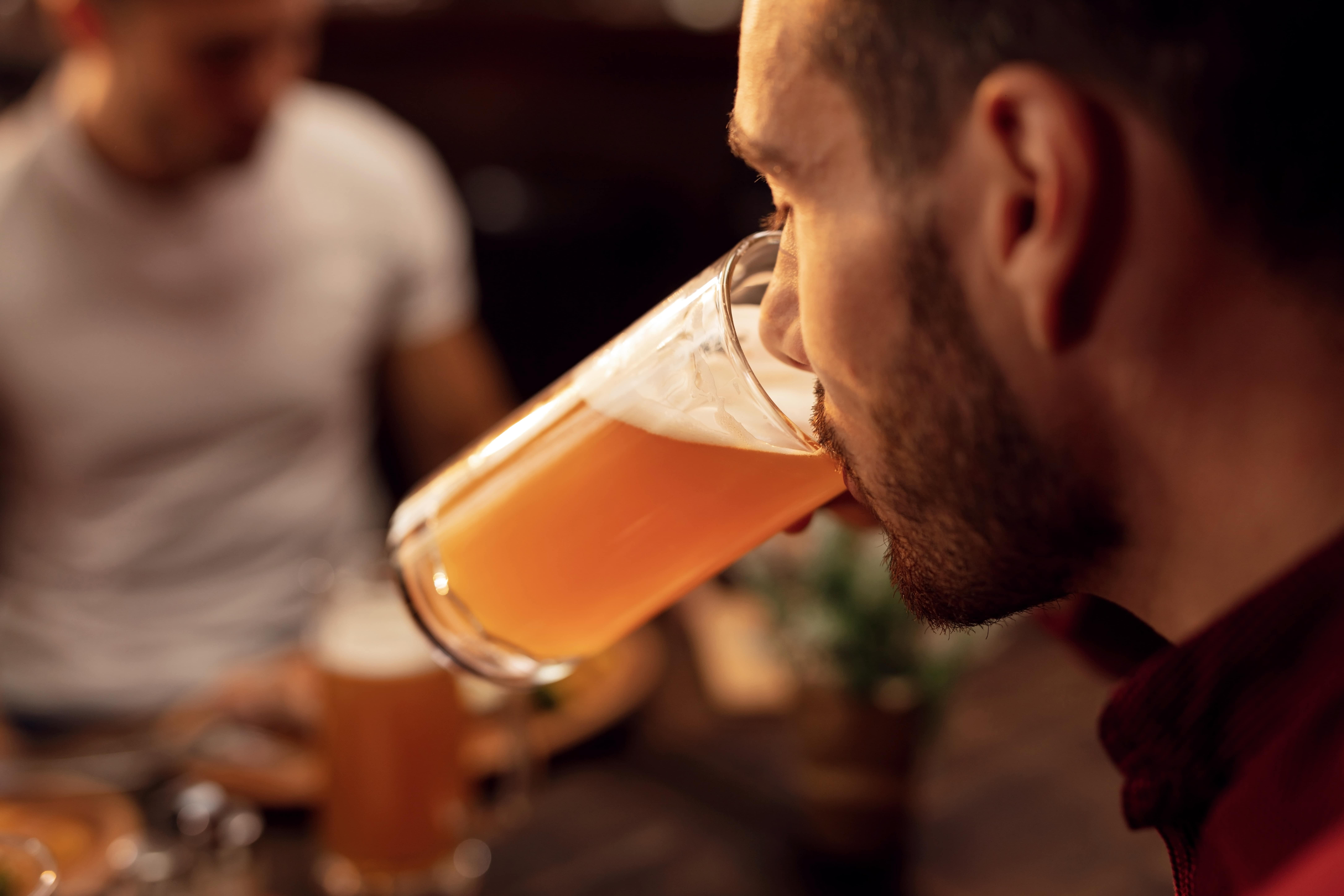Navigating Anxiety, PTSD, and Trauma with the Right Anti-Anxiety Medication
Mental health disorders can be crippling. If you are struggling with one, you may be unsure what to do to stop it. Anxiety can become such a normal part of your life that it may even feel like it is one of your defining characteristics. It does not have to be that way, though. With the help of the right medication and treatment, you may find significant relief. There are various types of anxiety, and there is likely an anti-anxiety medication that could help you.
The first step in understanding your anxiety is to work with a therapist who can provide an evaluation to get a good idea of what could be happening to you. Keep in mind that there is help for a wide range of conditions, including anxiety, post-traumatic stress disorder (PTSD), and trauma, that can improve your overall health and quality of life. The key is getting in to get treatment for it.
By understanding the different types of anxiety and then determining the right treatment, including anti-anxiety medication and holistic care, you can move forward with the life you desire. A good place to start is the Inner Voyage Recovery Center in Atlanta, GA.
What Types of Mental Health Condition Do You Have?
Mental health conditions develop for lots of reasons. In some situations, they occur as a result of environmental exposure. What you see and experience in your lifetime can certainly cause changes in your mental health. This is a direct cause of PTSD. When trauma occurs that the brain cannot deal with properly, it can lead to the onset of PTSD. Trauma is not necessarily one of the types of anxiety itself, but it can directly lead to this. Other times, anxiety is brought on by a variety of factors. Some people are predisposed to have it. That does not mean you have to have it if a family member does, but it may mean you are more likely to experience it if you have events that bring it on.
What are the types of anxiety, then? Generalized anxiety disorder is the most commonly used term. It represents people who are struggling with anxiety that could be brought on by various scenarios and is not directly triggered by one experience. Others have a condition like health anxiety. This is brought on by exposure to health risks, medical care, or, in some situations, health conditions in other people. Agoraphobia is a type of anxiety disorder brought on by a fear of something happening if a person leaves their home.
Panic disorder is an extension of the complexity of anxiety disorders. A person may experience anxious thoughts and feelings that spiral out of control, impacting their physical and mental well-being. Many people experience this, and sometimes there is no real understanding of why it happens.
How Can Anxiety Be Treated?
Multiple options exist for treating anxiety. There is not one treatment that works for everyone. However, for many people, there is help available that can drastically improve their quality of life.
Medications
Anti-anxiety medication is available and can be one of the treatment options our doctors recommend. The specific type of anti-anxiety medication for you is likely to be one that can help with the type of symptoms you have. Some of the first types prescribed tend to help those with generalized anxiety disorder. They include serotonin reuptake inhibitors, also known as SSRIs. Some examples of these include Laxapro®, Prozac®, and Celexa®.
For more significant symptoms, your doctor may use benzodiazepines. These drugs also carry some risk of dependency. As a result, your doctor may only recommend using them for a short period of time. Some examples include XANAX®, Valium, and Ativan®.
Another type of anti-anxiety medication is the use of tricyclic antidepressants. These drugs are often used to treat people who have depression and anxiety. They tend to have fewer side effects. Examples of these medications include Elavil and Pamelor™. Your doctor may also prescribe other drugs to treat anxiety. For example, gabapentin for anxiety is sometimes prescribed as an off-label treatment. That means that while it is not commonly or FDA-approved for anxiety, it can help.
Holistic Therapy
Anti-anxiety medication can be quite beneficial. Yet, they are just one example of a treatment option. Most often, your doctor will also recommend trying to determine why you have anxiety in the first place. That is, there may be routes to take to relieve the underlying cause of your anxiety. There may also be opportunities for you to find ways to manage your symptoms with fewer complications better.
For example, your doctor is likely to recommend talk therapy. This is an important part of nearly all types of anxiety treatment. During talk therapy, your therapist can help pinpoint how your brain processes information around you. You will learn how to spot moments of negative thoughts that are likely untrue but that impact the way you feel. Your doctor may also provide support in reducing symptoms. For example, when you begin to feel anxious thoughts, you’ll learn how to steer clear of them and how to reduce their negative impact.
If trauma is an underlying factor in your anxiety, your doctor can help you work through what happened and provide a route for finding relief. In PTSD treatment, the goal is never to relive what happened to you. However, it may be possible to change the way your brain processes that information so that you feel fewer of the PTSD symptoms when there is a trigger that causes you to think about that trauma.
Customized Care Is Critical in These Situations
By far, what is most important in each of these types of anxiety or mental health disorders is receiving individualized care for your needs. Understanding what is happening in your brain isn’t simple to do. With the help of well-trained professionals, the right holistic care, therapy, and anti-anxiety medication, you can move forward with your life without feeling limited by anxiety, trauma, or PTSD.
To learn more about how you can recover from these challenges, reach out toInner Voyage Recovery Center in Atlanta, GA. With the help of trusted, compassionate professionals there, you can begin to find the best way forward for your treatment and your needs. Call 470-460-8437 now to learn more.
 Mon - Fri 8:00 AM to 6:30 PM
Mon - Fri 8:00 AM to 6:30 PM





